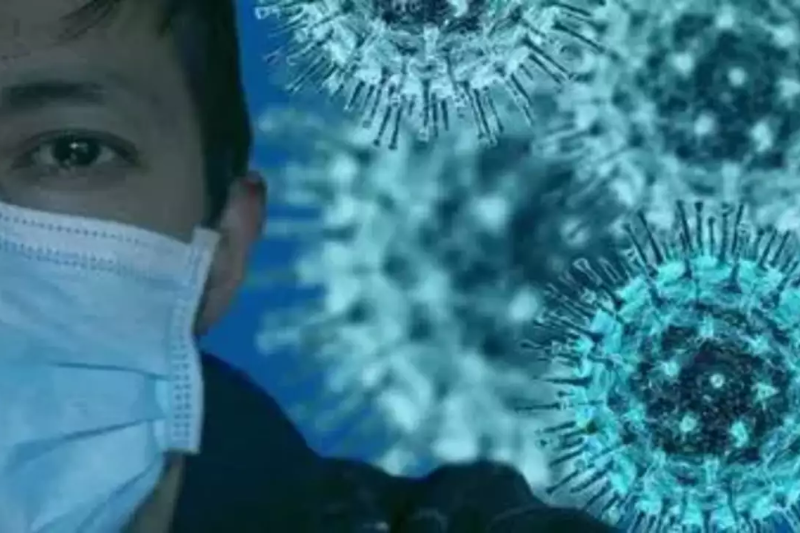
Genetic Revelations: Deciphering COVID-19 Vaccine Responses
In a groundbreaking study recently featured in The American Journal of Human Genetics, a team of scientists has unraveled the genetic intricacies influencing the immune response to COVID-19 vaccines. This exploration into the genome-wide association study sheds light on the factors determining variable humoral immune responses to the severe acute respiratory syndrome coronavirus 2 (SARS-CoV-2) spike protein.
Understanding the Context: The Global Impact of COVID-19
As the COVID-19 pandemic continues to leave an indelible mark on the world, with over six million lives lost and 700 million cases reported by the end of 2023, the pursuit of effective vaccines remains a global priority. Despite widespread vaccination efforts, variations in vaccine efficacy persist, necessitating a deeper exploration of the underlying biological mechanisms influencing immune responses.
The Study Unveiled: Genomic Exploration with U.K. Biobank Data
This study leveraged the extensive data from the U.K. Biobank, conducting a genome-wide association study to establish correlations between health outcomes and immunoglobulin G (IgG) serostatus against the SARS-CoV-2 spike protein. By combining health and genetic data, the researchers delved into the intricate relationships between genetic markers and the humoral immune responses to COVID-19 vaccines.
Categorizing Participants for In-Depth Analysis
To ensure precision in their analysis, the researchers employed a meticulous categorization of participants. The serostatus against spike and nucleocapsid antibodies allowed the exclusion of those with previous SARS-CoV-2 infections, enabling a focused exploration of genetic effects on vaccine-induced humoral responses. Categories included not vaccinated, vaccinated but uninfected, and infected participants.
Genomic Exploration: Identifying Potential Markers
The study identified close to 240,000 single nucleotide polymorphisms (SNPs) for genome-wide association analysis, providing a vast pool of potential genetic markers. Utilizing a genetic relationship matrix and a stepwise regression approach, the researchers unearthed crucial insights into the genetic landscape influencing immune responses.
Keep Reading
Unveiling Key Findings: HLA Class II Alleles Take Center Stage
The genome-wide association study illuminated a significant association between alleles from the human leukocyte antigen (HLA) class II and IgG serostatus against the SARS-CoV-2 spike protein. Notably, the HLA-DRB1*13:02 allele emerged as a key player in protecting against seronegativity. The study delves into the molecular alteration caused by this allele, emphasizing its role in driving a protective effect against IgG seronegativity.
Linking Genetic Predisposition to COVID-19 Severity
Beyond vaccine response, the study observed a shared genetic predisposition between IgG serotype status and susceptibility to COVID-19 severity. Cell-type specific patterns further nuanced the impact of HLA alleles on antibody response to the vaccines. These findings were validated across independent cohorts, solidifying the credibility of the study’s outcomes.
Conclusion: Unraveling the Genetic Tapestry of Vaccine Response
In conclusion, the study underscores the pivotal role of HLA class II alleles in shaping IgG antibody responses to SARS-CoV-2 vaccines. The comprehensive exploration of genetic markers provides valuable insights into the intricate biological mechanisms contributing to individual variations in vaccine-induced immune responses. As the world navigates the complexities of COVID-19, understanding the genetic keys to vaccine response becomes imperative for refining vaccination strategies.




